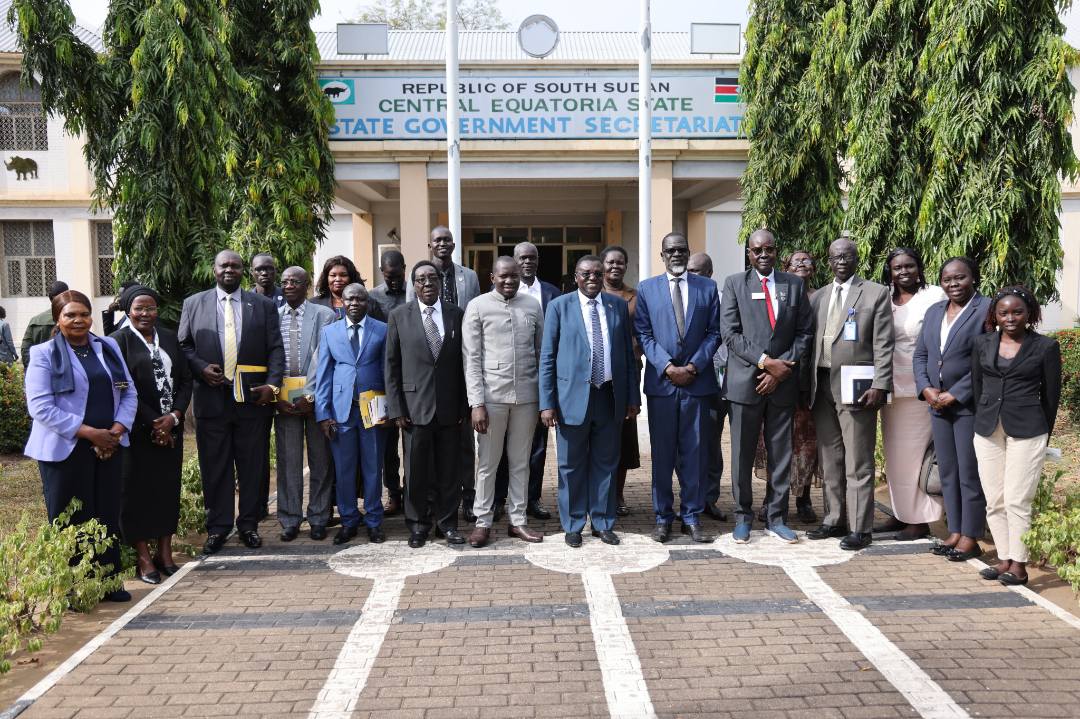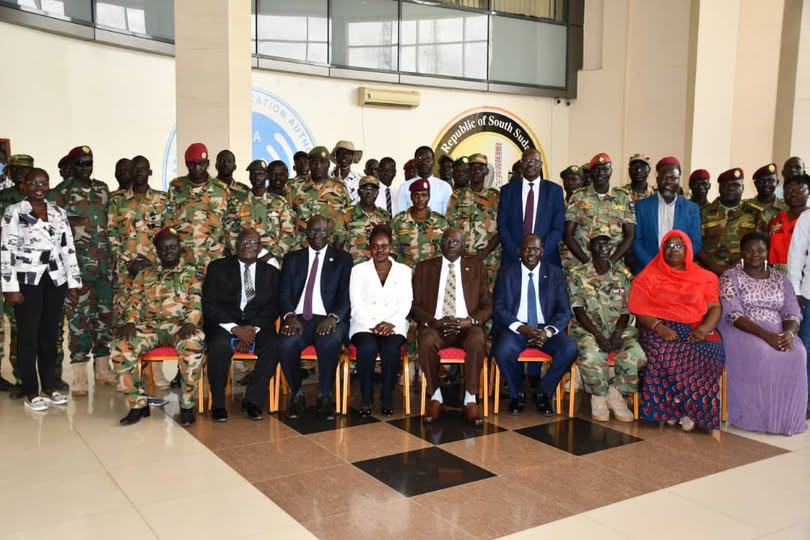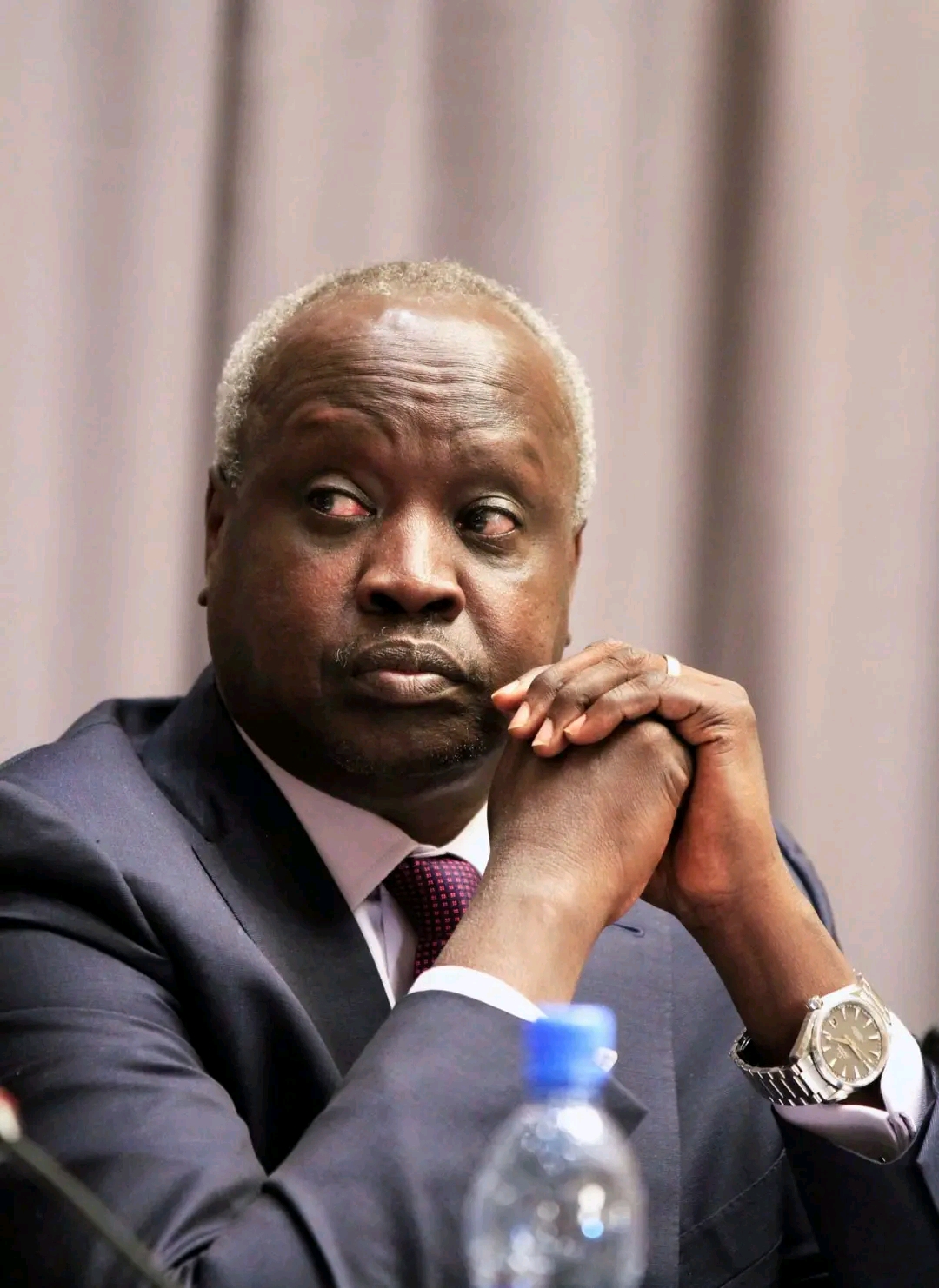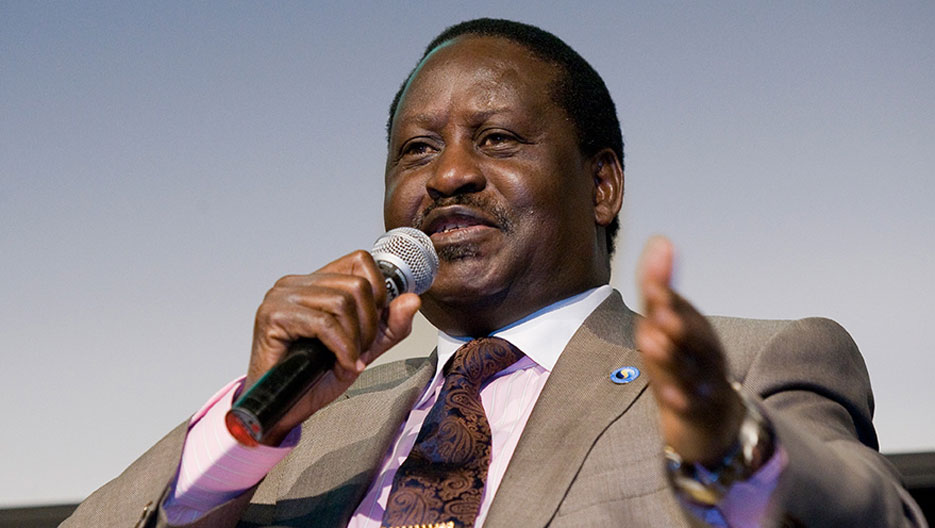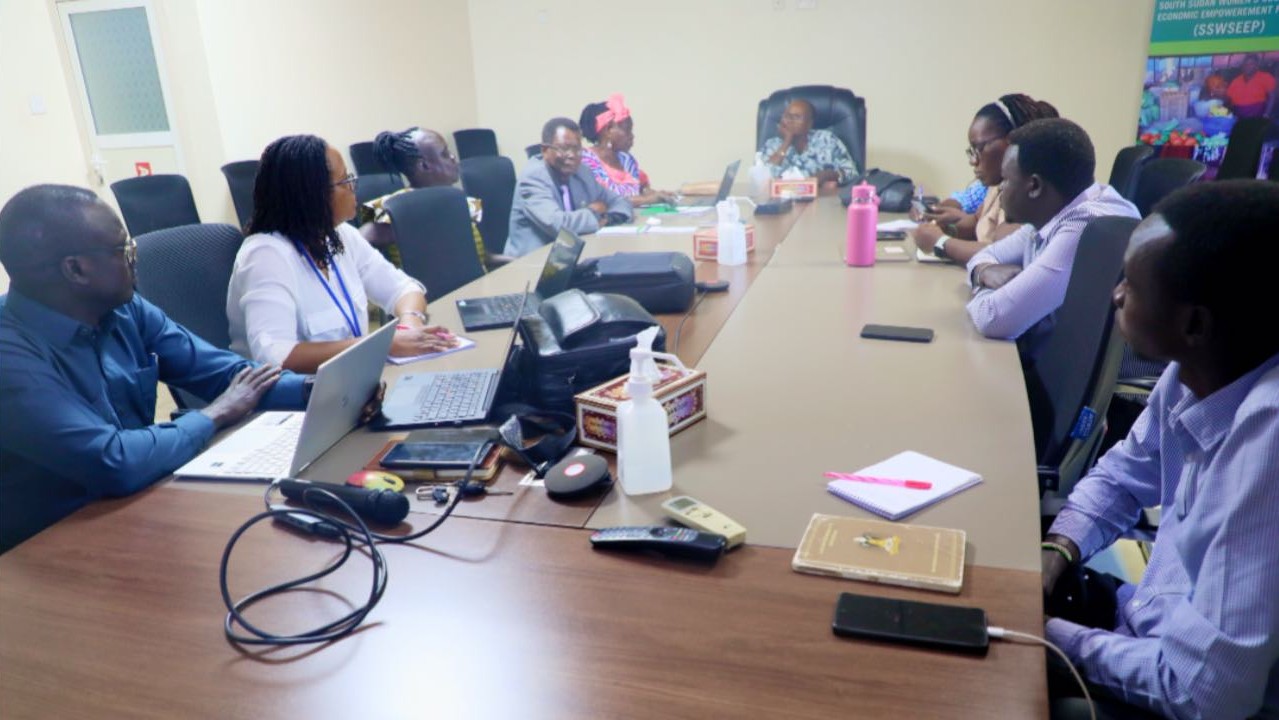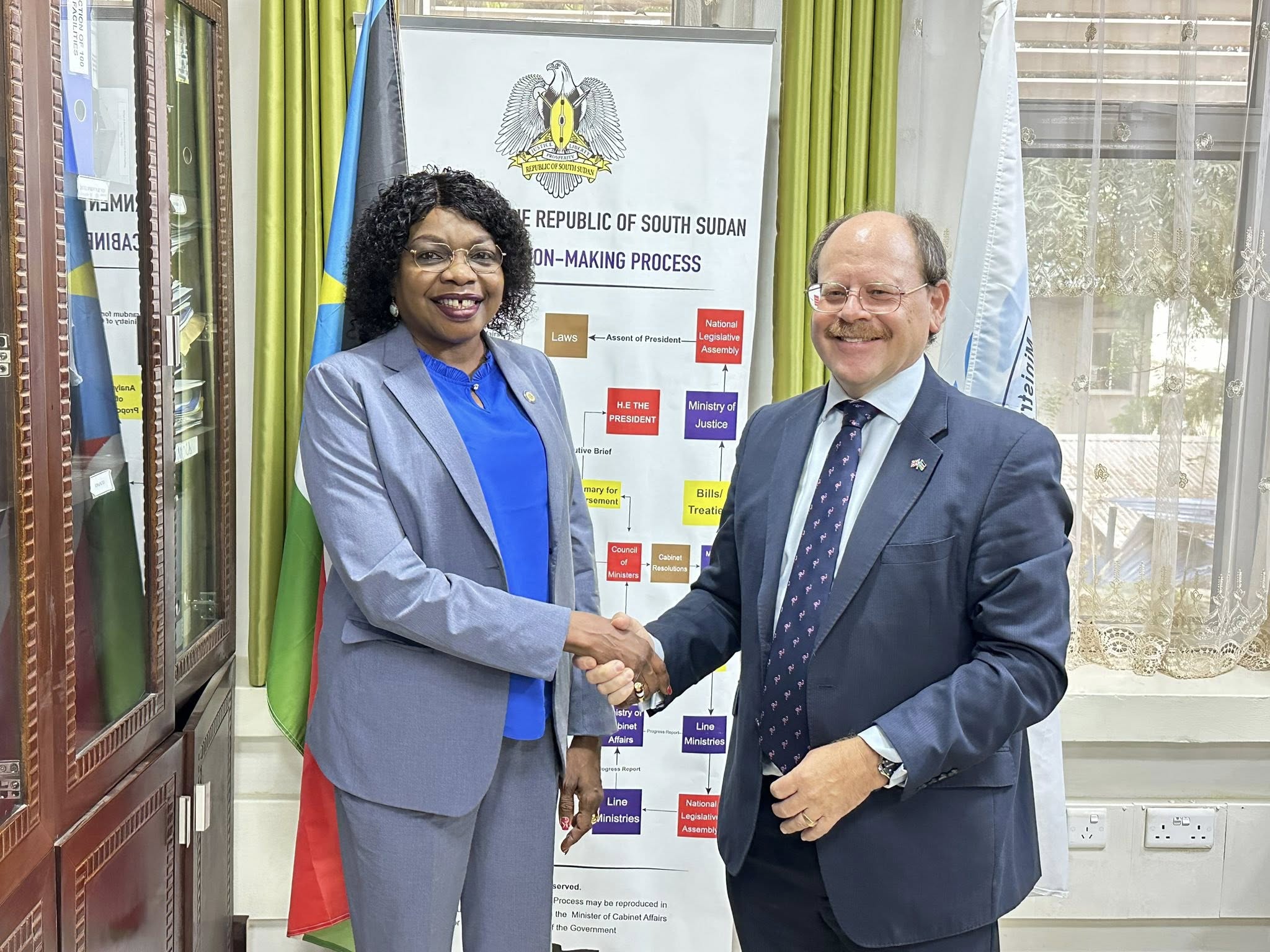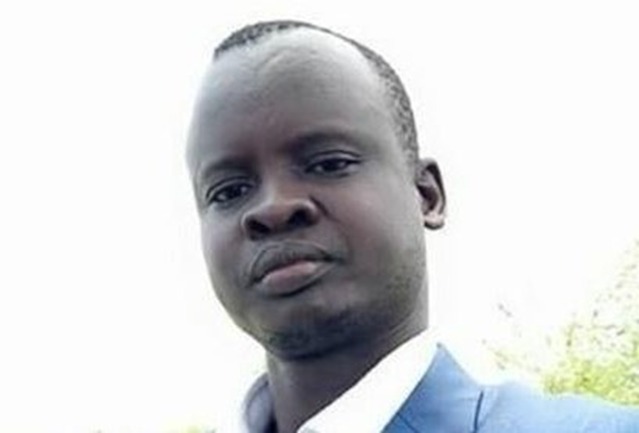
By Emmanuel M. Garjiek
Juol Nhomngek Daniel, a member of the Transitional National Legislative Assembly (TNLA) representing Cueibet County in Lakes State, has raised worry over the delayed payment of parliamentarians’ salary, stating that civil personnel who have faced similar situations are unhappy.
Speaking to media in Juba on Tuesday, the member stated that, despite the government’s announcements of salary disbursements, MPs had yet to receive their entire pay.
This issue reflects South Sudan’scome widespread. Civil servants from a variety of sectors, including teachers, physicians, and security officers, have g greater financial difficulties, in which delayed wage payments have gone months without pay.
This has resulted in widespread discontent, with many people failing to satisfy their basic requirements and experiencing significant economic hardship.
Nhomngek, who banks with Equity Bank, stated that the crisis has put MPs in a tough position.
“We were told to go on recess but there was no money for recess and even our salaries have not been released,” stated one of them. “We are virtually trapped in parliament, unable to return to our constituents. We need the services to visit the constituents.
“The public should know that we are not here willingly, but we are here because we have been set up to remain [here],” according to him.
Nhomngek chastised the administration for disclosing incorrect information concerning salary payments.
“You cannot say you are releasing salaries and you are not sure whether you have enough money to cover them,” he charged. “Salaries are human rights. If you raise expectations illegally, it is again a violation of human rights.”
The government’s failure to regularly pay its employees highlights the country’s economic vulnerability and the urgent need for changes to solve these crucial challenges.

